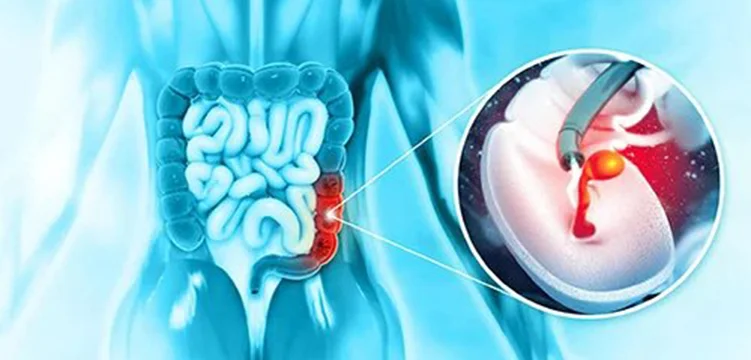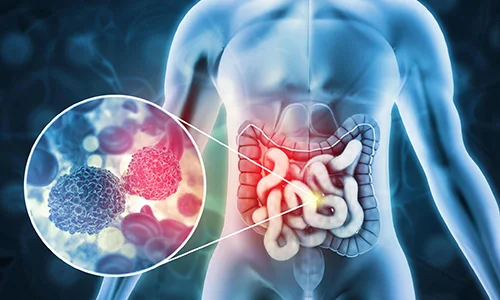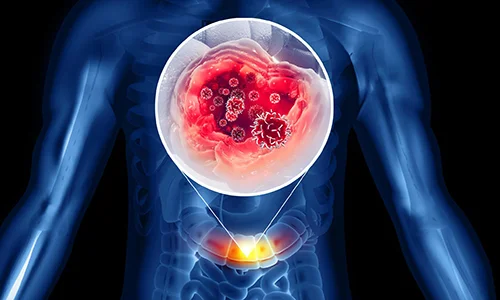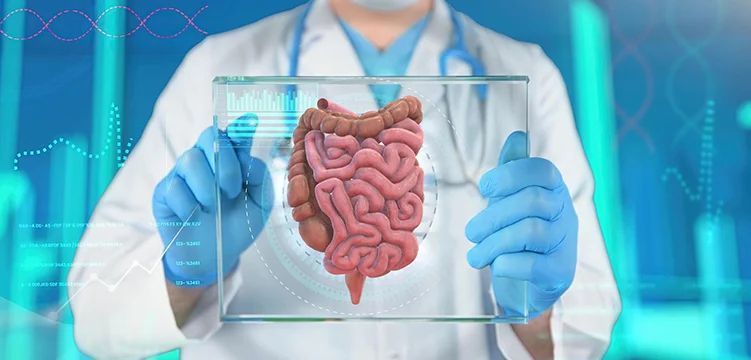
Embarking on a journey to optimal digestive health involves understanding the significance of diagnostic procedures like Lower Gastrointestinal Endoscopy, commonly known as Colonoscopy. In this blog post, we'll delve into why Colonoscopy is a crucial tool in the hands of gastroenterologists, and how it contributes to early detection, prevention, and overall well-being.
Why Colonoscopy Matters:


Colonoscopy is a gold standard for detecting abnormalities in the colon and rectum. Its ability to identify precancerous polyps and early signs of colorectal cancer makes it an invaluable procedure for both screening and diagnosis.
2.Preventing Colorectal Cancer:Colonoscopy isn't just about early detection; it's a powerful tool for prevention. By removing precancerous polyps during the procedure, gastroenterologists can significantly reduce the risk of these growths developing into colorectal cancer.
3.Comprehensive Evaluation of the Lower Gastrointestinal Tract:Unlike other diagnostic methods, Colonoscopy provides a thorough examination of the entire lower gastrointestinal tract. This comprehensive view enables gastroenterologists to identify and address a wide range of conditions affecting the colon and rectum.
Conclusion:
In conclusion, Lower Gastrointestinal Endoscopy, or Colonoscopy, is a cornerstone in maintaining digestive health. Regular screenings, open communication with your gastroenterologist, and proactive healthcare decisions can contribute to a healthier and more resilient gastrointestinal system.




